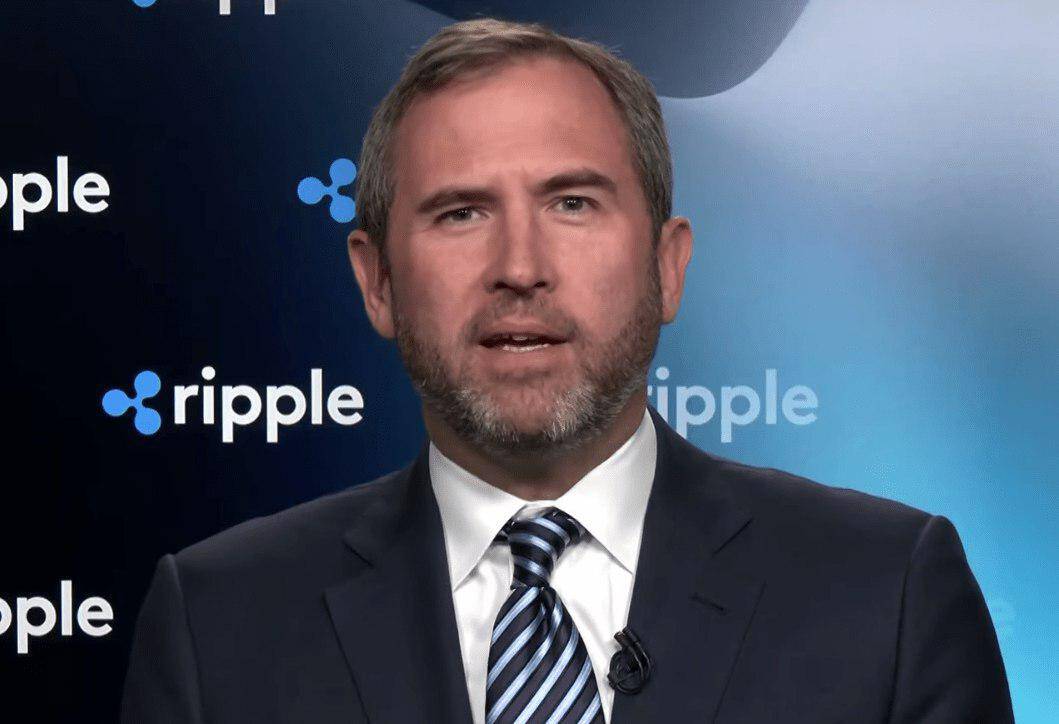In a recent interview with FOX Business, Ripple CEO Brad Garlinghouse shared his views on the impact of the Securities and Exchange Commission (SEC) approving spot Bitcoin ETFs in the US.
The interview, held at the World Economic Forum in Davos, covered a range of topics, including the growing importance of cryptocurrencies, legal challenges and the future of the industry.
The conversation began with a discussion about the SEC's approval of spot Bitcoin ETFs, which resulted in an 8% drop in the price of Bitcoin last week. Garlinghouse emphasized the importance of this approval, describing it as further validation from institutions and government entities that points to the increasing integration of cryptocurrencies into the mainstream financial environment.
As Ripple's CEO, Garlinghouse provided insight into how Ripple essentially works, providing blockchain technologies and solutions to businesses, with a particular focus on financial institutions. He noted that Ripple is initially focused on providing a payment solution for cross-border payments, addressing the historically slow and expensive nature of such transactions.
According to Garlinghouse, Ripple's technologies provide a significant reduction in costs and an increase in speed and efficiency for financial institutions.
The conversation then shifted to the regulatory challenges facing the cryptocurrency industry, focusing on SEC Chairman Gary Gensler. Garlinghouse expressed disappointment with the SEC's approach, accusing Gensler of prioritizing lawsuits over clear regulatory frameworks. He criticized the SEC's attempts at “regulation through sanctions” and called for clear rules to guide the industry.
Garlinghouse emphasized the importance of outcomes and organization of activities rather than the technology itself. He suggested that the Commodity Futures Trading Commission (CFTC) could be a more natural regulator for the crypto industry than the SEC, underscoring the need for adherence to principles such as Know Your Customer (KYC) and Anti-Money Laundering (AML).
Regarding stablecoins, Garlinghouse agreed with Circle CEO Jeremy Allaire, who predicted the possibility of the US passing legislation for stablecoin issues in the first half of the year. He welcomed the potential regulations, calling them appropriate and a priority in Congress.
The interview concluded with a discussion on the challenges of regulating the crypto industry globally. Garlinghouse acknowledged the challenges but said it was important to comply with policies such as KYC and AML. He expressed his confidence in the resilience of the sector and the positive developments expected in 2024.
*This is not investment advice.










